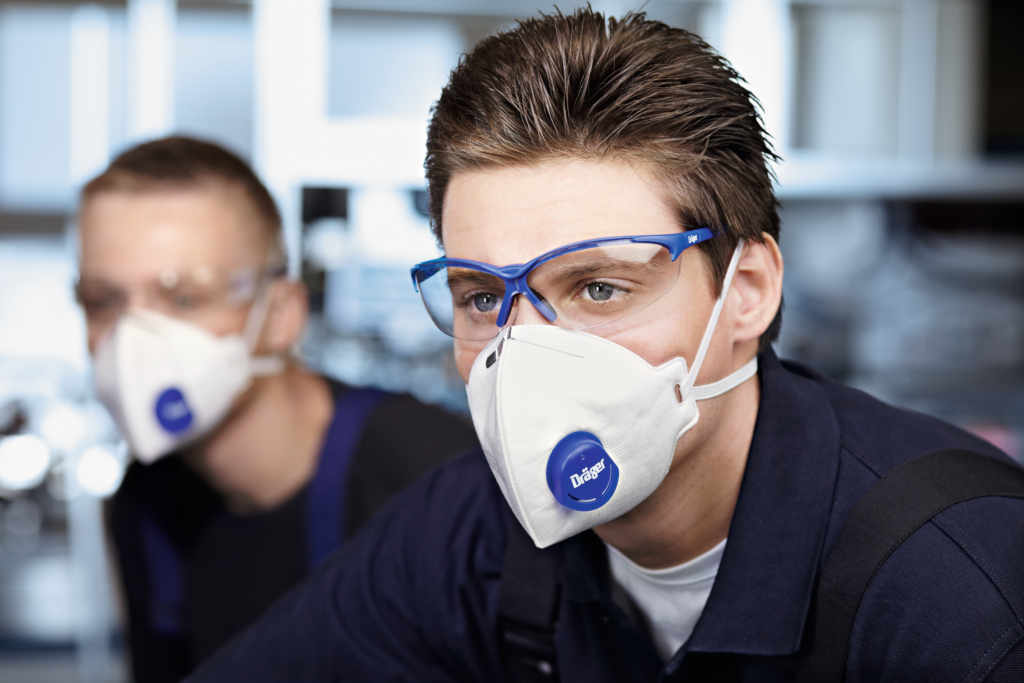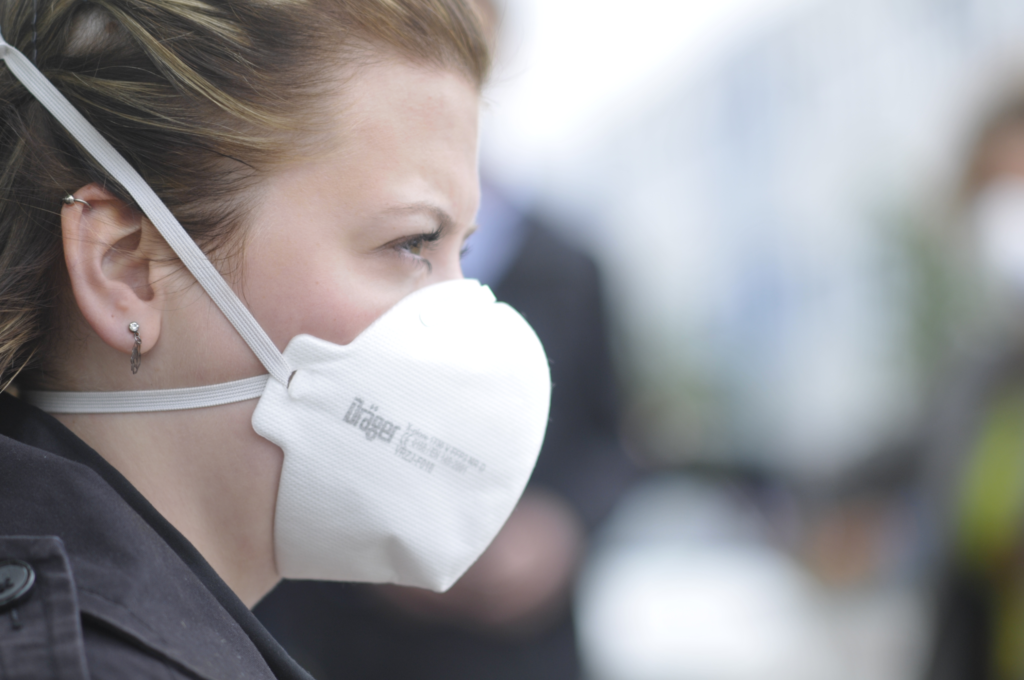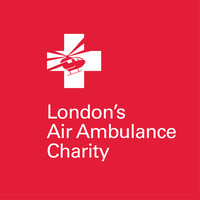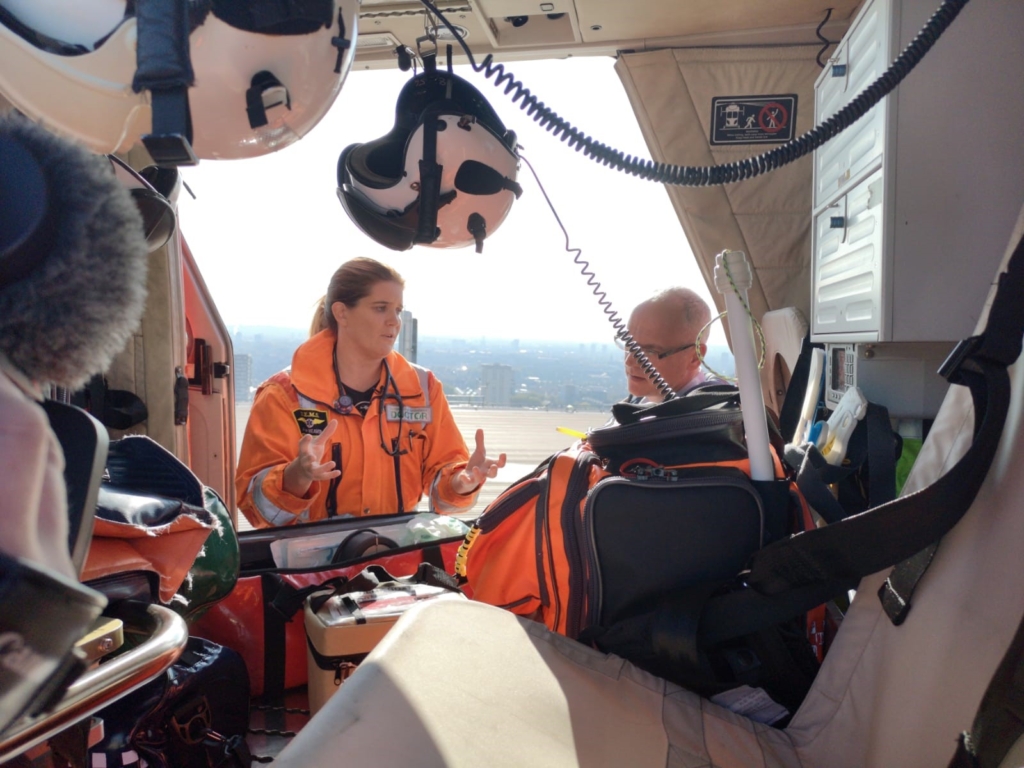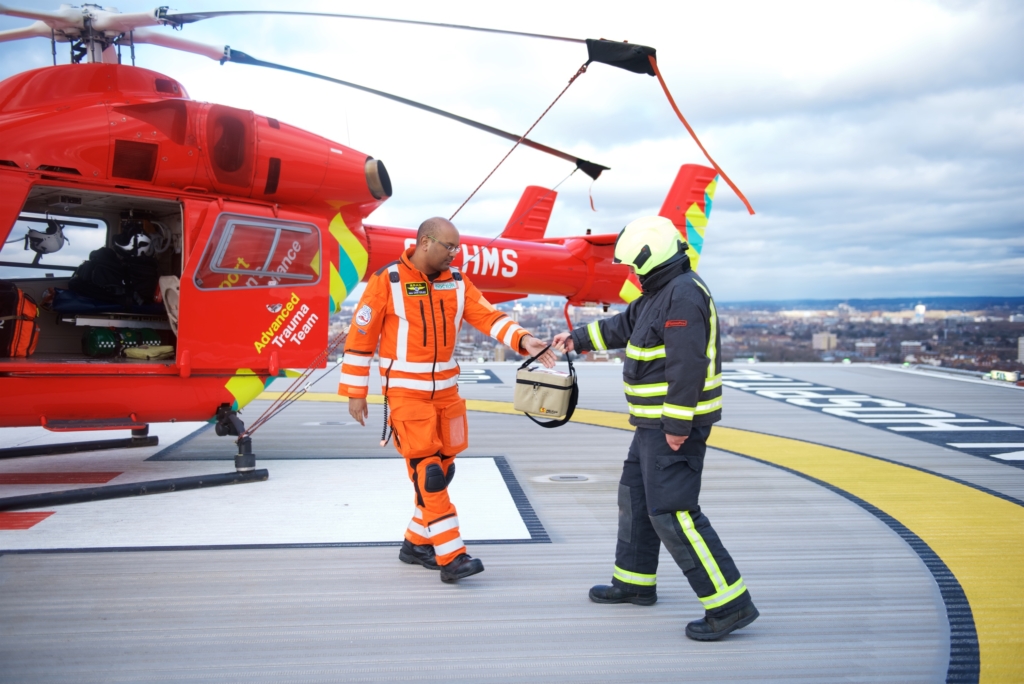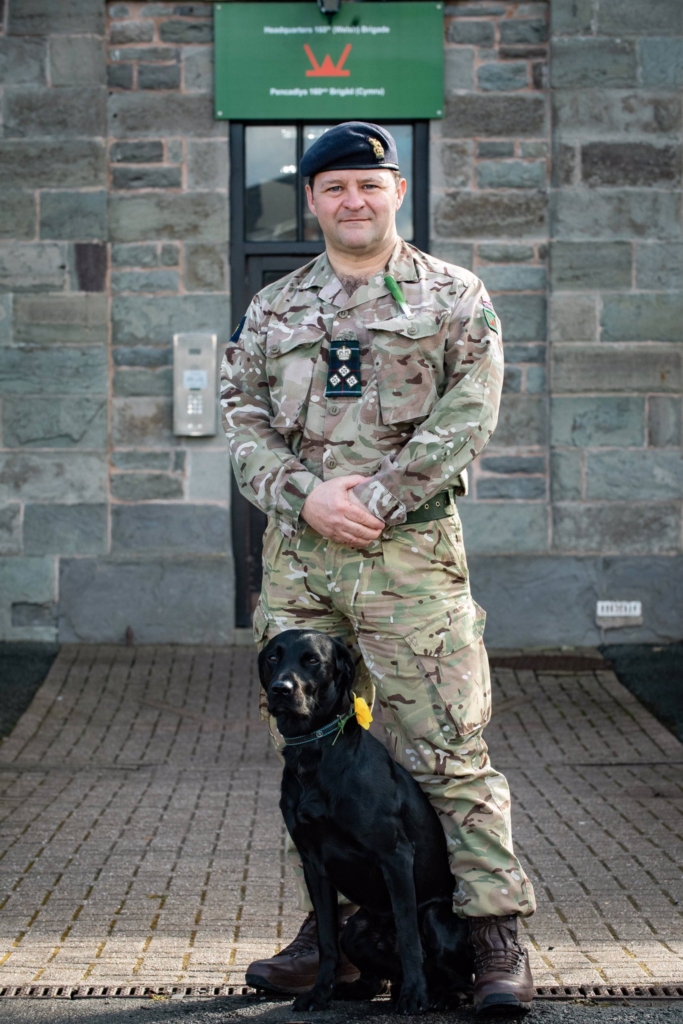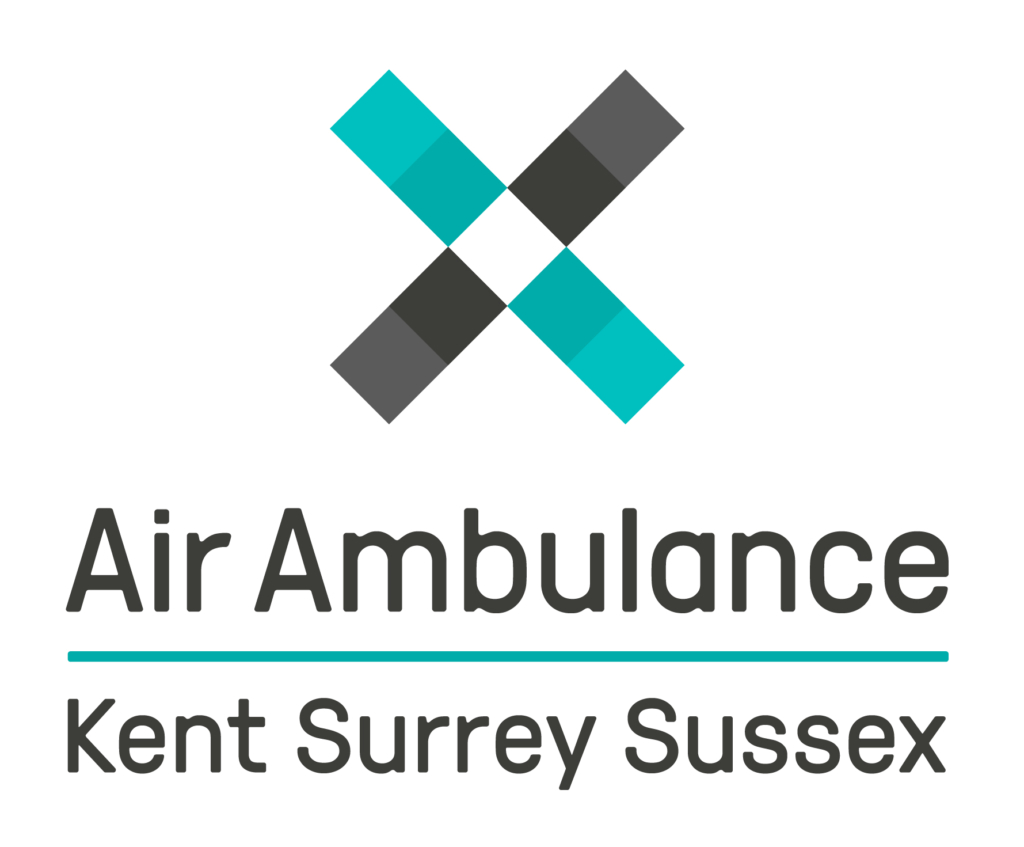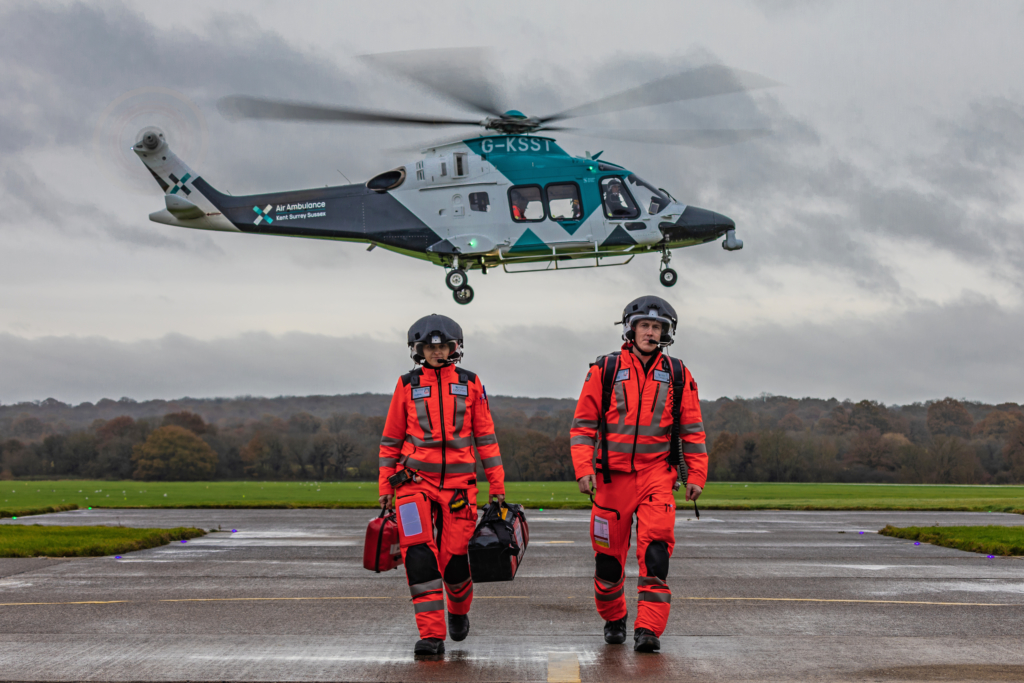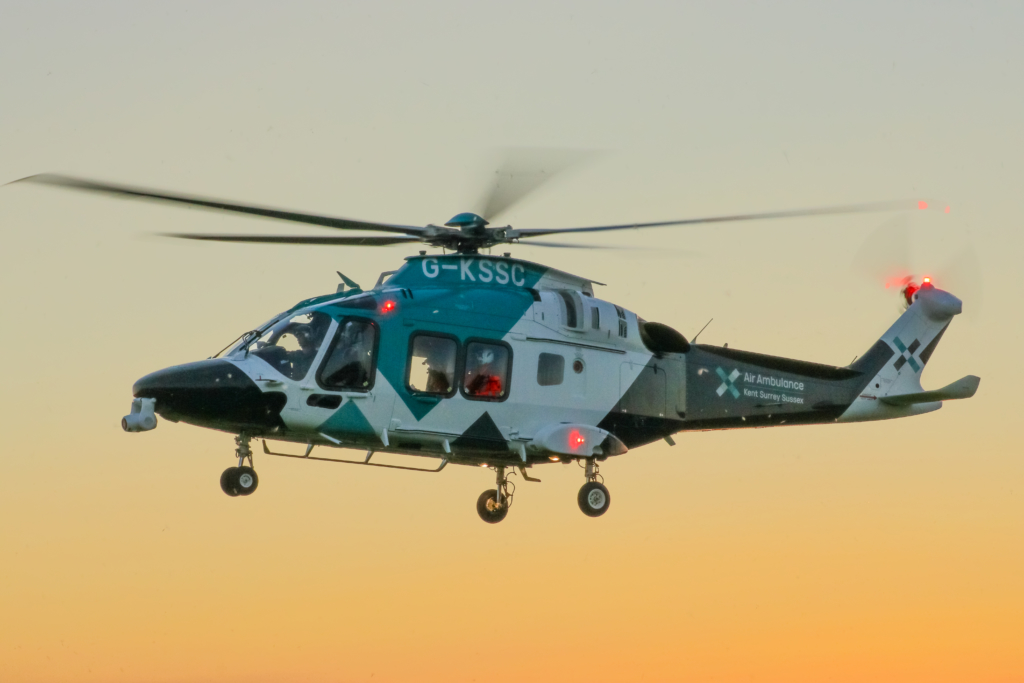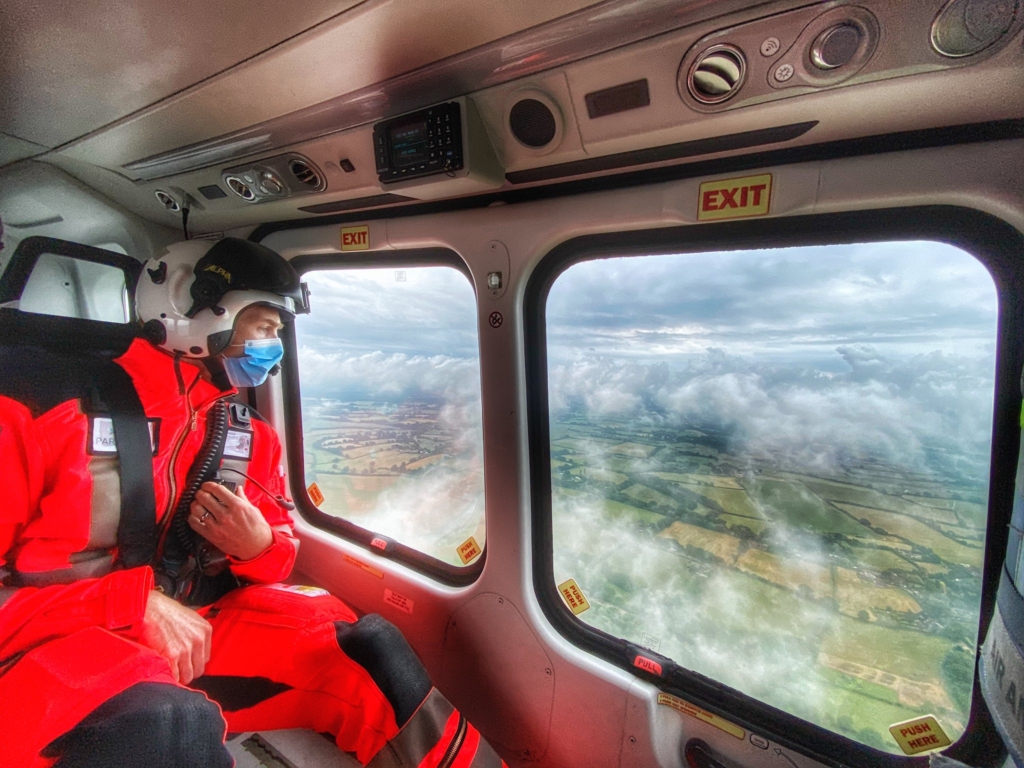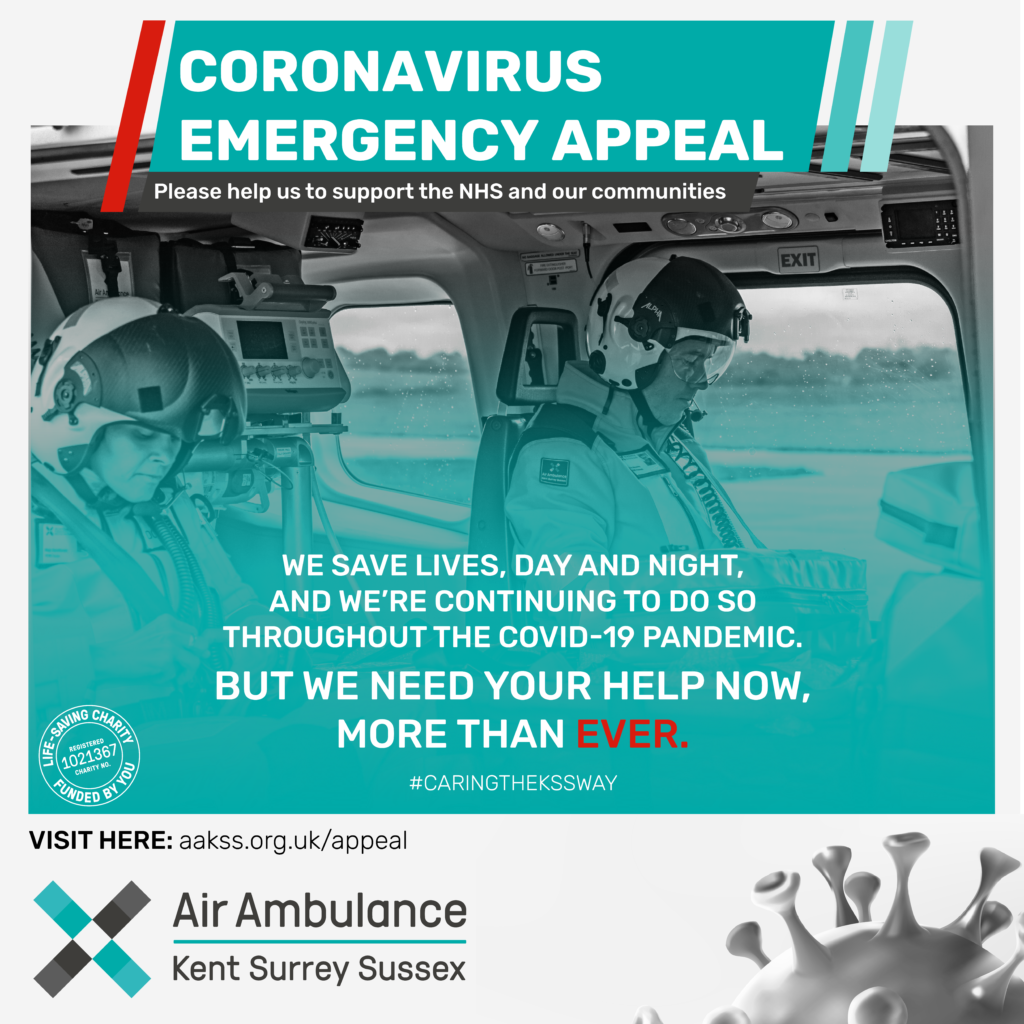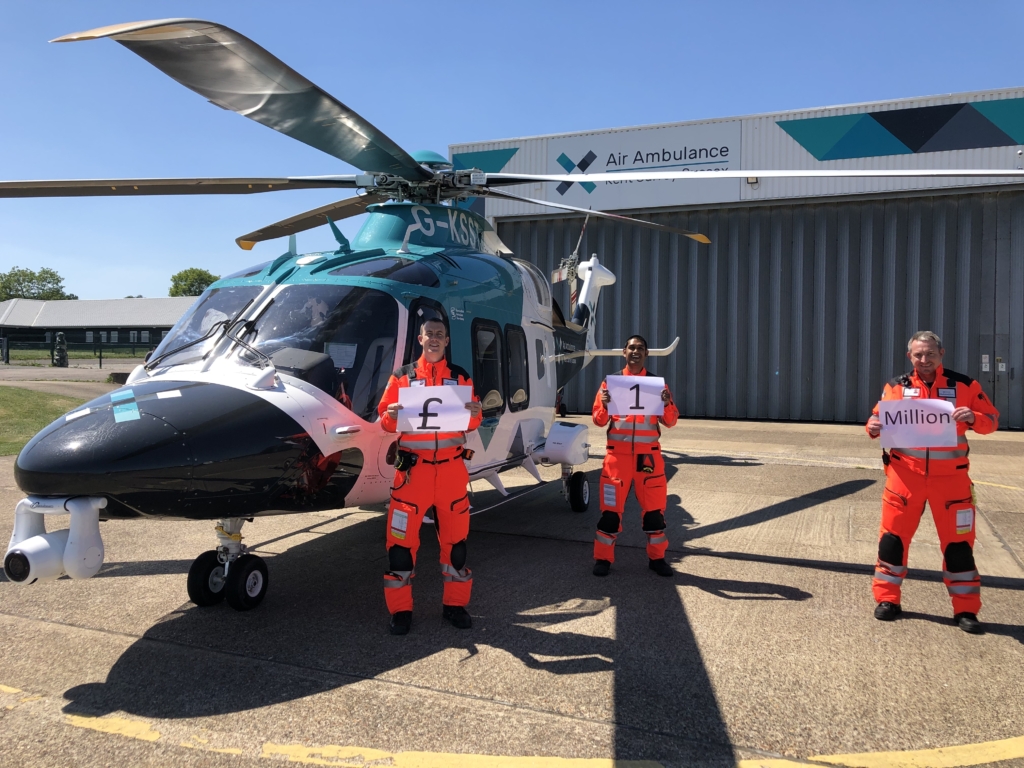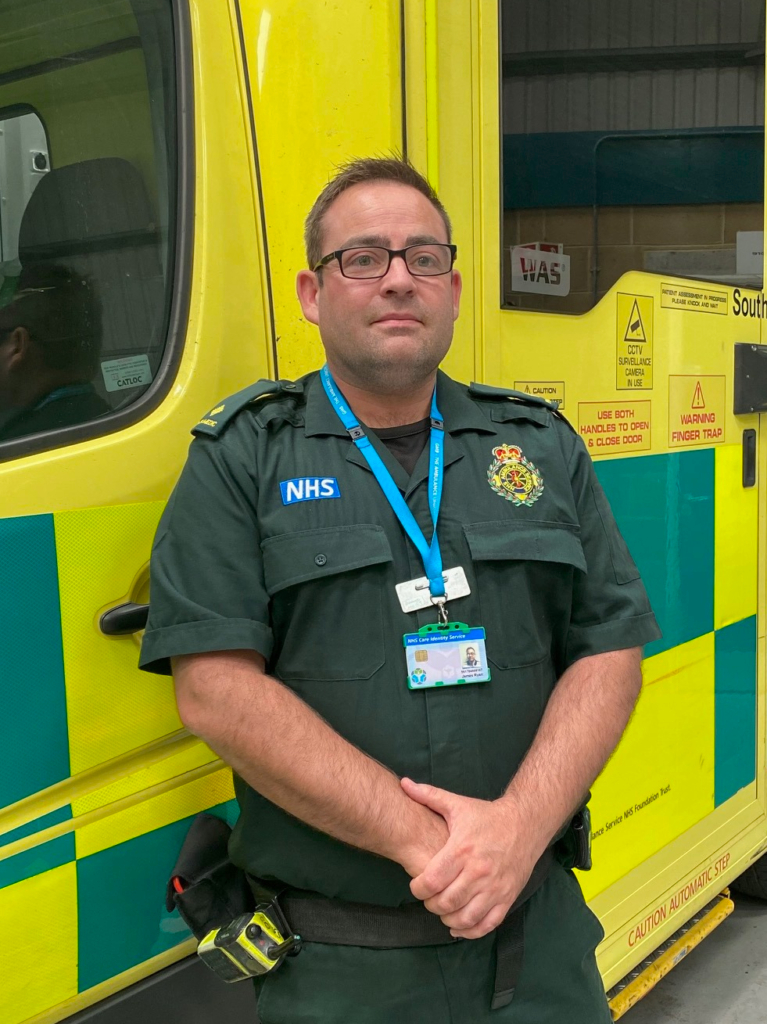Welsh Ambulance Service Commends Military’s Contribution to COVID-19 Effort
The Welsh Ambulance Service has extended a thanks to the Armed Forces for its support through the Coronavirus pandemic.
More than 200 British Army soldiers assisted the Trust’s Covid-19 effort by driving and decontaminating ambulance vehicles as part of Operation Rescript.
Among them were 90 soldiers from 9 Regiment Royal Logistic Corps, who were enlisted on Christmas Eve at the height of the second wave of the pandemic.
Today, the Trust presented a commemorative plaque to Brigadier Andrew Dawes CBE, the commander for military support in Wales, as a token of its appreciation.
Lee Brooks, Director of Operations, said: “The Covid-19 pandemic has been the most challenging period in our history, but having the military on board put us in the best possible position to face the task ahead.’
“We were very fortunate to have enlisted their support, and the presence of military colleagues was well received by staff, volunteers and our patients alike.’
“We’ve enjoyed a long and fruitful relationship with the military, which has been further strengthened as a result of their support through COVID-19.’
“We were thrilled to present Brigadier Dawes with a token of our appreciation today.”
Chief Executive Jason Killens added: “We’re extremely proud and grateful to have had the military working alongside our staff in the collective effort against COVID-19.
“Their support has not only strengthened our existing relationships with the Armed Forces community but has opened up new opportunities for collaboration in future.’
“We hope that their glimpse into the world of the ambulance service has been as rewarding an experience for them as it has been for us.”
More than 20,000 military personnel were tasked with supporting public services across the UK during the pandemic as part of a ‘Covid Support Force’.
Their support of the Welsh Ambulance Service, under what is known as Military Aid to the Civil Authorities (MACA), has now drawn to a close.
Brigadier Andrew Dawes CBE said: “Over the last 12 months, we have all faced challenges beyond our imagination.
“Our resilience has been pushed to a point none of us could have anticipated.’
“Throughout I have been struck by the unwavering commitment of our health care providers across Wales and the selfless way each and every one of them has faced setback, loss, trauma and exhaustion — yet carried on.’
“We in the military are humbled and extremely proud to have been able to step up and support NHS Wales when it was needed.’
“It has been a genuine privilege to work side by side with our partners in the Welsh Ambulance Services during the past year.’
“Men and women from across the British Army, Royal Navy and Royal Air Force have been supporting the Welsh Government’s response to COVID-19 for more than a year.’

“In April 2020, our first military teams deployed to the Welsh Ambulance Services NHS Trust after an intensive training package in Sennybridge.’
“More teams followed in the summer and again on Christmas Eve and have only now recently concluded their work.’
“At the height of our support to the Welsh Ambulance Service, more than 100 of our people from across a range of Army units were deployed as ambulance crews, supporting more than 12,000 callouts across Wales.’
“I have heard some extraordinary stories from those service personnel involved.’
“They have all been humbled by the professionalism and commitment of the ambulance crews who deal with the unexpected and traumatic with empathy and patience on a daily basis.’
“We have forged a lasting relationship with the ambulance service, an organisation with whom we share very similar values, a work ethic and a sense of duty.’
“It has been a real honour to work alongside them.”
Quality content
- Casinos Not On Gamstop
- Casinos Not On Gamstop
- Casino Sites Not On Gamstop
- Non Gamstop Casino
- UK Online Casinos Not On Gamstop
- Casino Sites Not On Gamstop UK
- Casino Sites Not On Gamstop
- Games Not On Gamstop
- Sites Not On Gamstop
- UK Online Casinos Not On Gamstop
- Casino Not On Gamstop
- Slots Not On Gamstop
- Casino Not On Gamstop
- Gambling Not On Gamstop
- Casinos Not On Gamstop
- Non Gamstop Casino
- UK Online Casinos Not On Gamstop
- Casino Sites Not On Gamstop
- Best Betting Sites
- Best UK Online Casinos
- New Horse Racing Betting Sites




